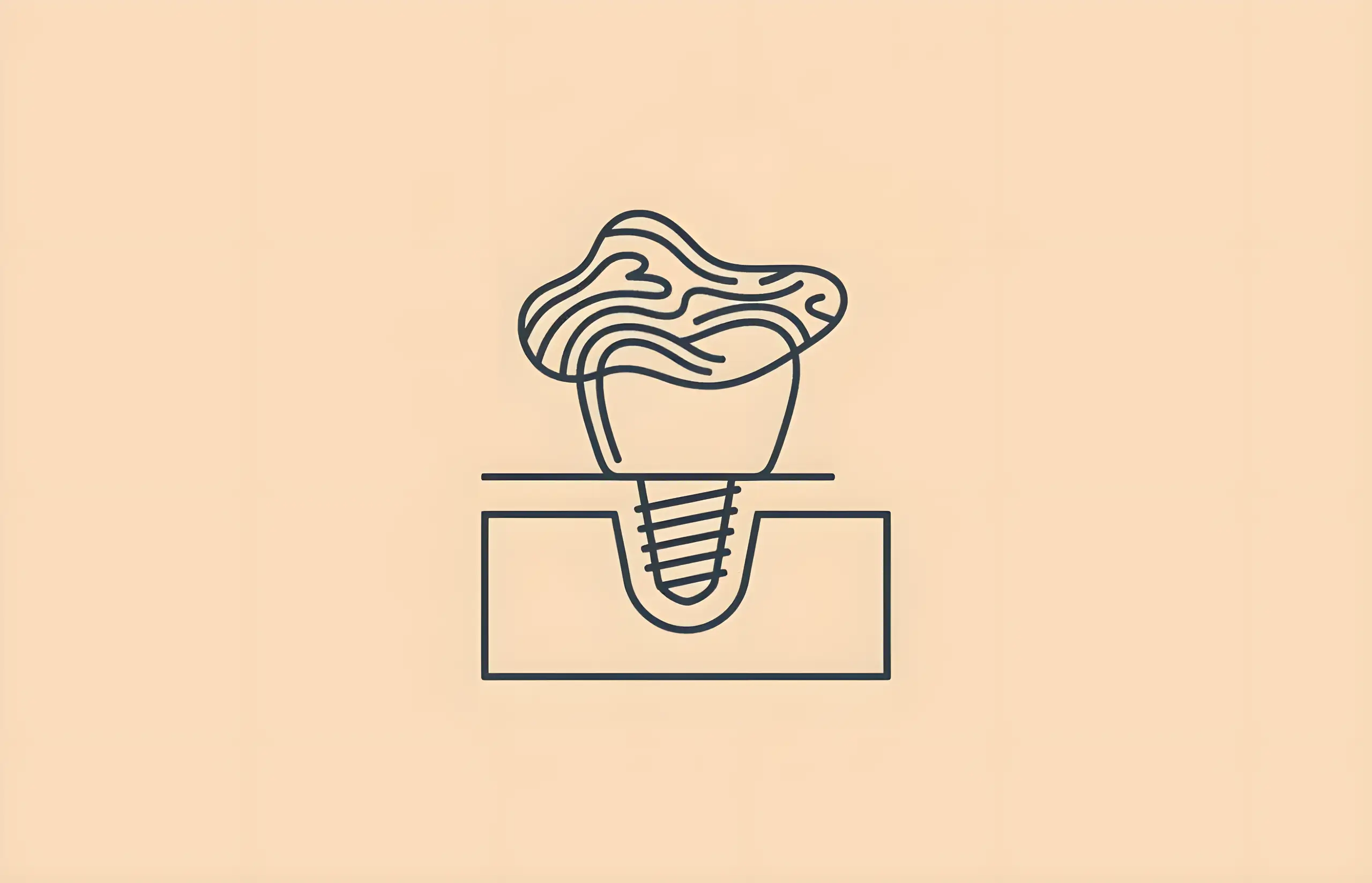If you are about to receive a dental implant, the topic of bone grafts might come up during your consultation. Bone grafts might be necessary for the procedure to be successful, and it is normal for you to be nervous. The process of bone grafting is a standard dental practice that is consistent, predictable, and painless.
Why are bone grafts required?
Bone grafting is necessary for people who are deficient in the number of natural healthy bones in their mouth that support dental implants. So, what issues cause your mouth not to have enough healthy bone material? Many times, it is influenced by:
- Gum disease
- Empty spaces after teeth have been removed
- Developmental defects
- Face trauma or injury
When it comes to dental implants, people who have a lost tooth may require a bone graft to complete a dental implant. When this issue occurs, your socket could get impacted, or the lost tooth could be the incorrect size to accommodate a replacement.
This is not to say that bone grafts are required for everyone who needs a dental implant. The best way to find out is to schedule a consultation with your dentist or surgeon and then lay out a solid game plan. Here, you can decide on the need for a bone graft, and then narrow down options for the best bone graft material for a dental implant.
What is involved in a bone graft procedure?
Bone grafting is a surgery that utilizes transplanted bone to rebuild and repair destroyed or diseased bones. Bone grafts are a valid option for restoring bones in all parts of your body. This type of procedure is useful with dental implants, and you should consult your surgeon on the best bone graft material for a dental implant. Various types of bone grafts could get implemented, including:
- Socket graft – the most used bone graft that helps prevent possible atrophy of the alveolar bone
- Lateral ridge preservation graft – this type of graft helps widen the jawbone to facilitate a dental implant successfully
- Block bone graft – a kind of bone graft used when there are significant defects in your jawbone
What types of material are used?
It is a thoughtful process to determine the best bone graft material for a dental implant. The first type of material is autograph, which comes directly from the patient. Since there are living cells in these bone grafts, there will be beneficial growth factors involved. There is also a zero chance of disease transmission with this type since it does not come from an external source.
Allografts, which come from other humans, are another useful option for the procedure. Although there is a risk of disease transmission, allografts are effective as shells and promote healthy bone growth on the surface. Lastly, xenografts, which come from other species, are also like human bone grafts in volume stability. They also contain collagen, which is a crucial accelerator in bone formation.
Sources and References
-
[1]
Bone Grafts in Dental Medicine: An Overview of Autografts, Allografts and Synthetic MaterialsMaterialshttps://pmc.ncbi.nlm.nih.gov/articles/PMC10254799/
-
[2]
Autogenous bone grafts in oral implantology—is it still a 'gold standard'? A consecutive review of 279 patients with 456 clinical proceduresHead & Face Medicinehttps://www.ncbi.nlm.nih.gov/pmc/articles/PMC5453915/
-
[3]
Allogenic Bone Graft in Dentistry: A Review of Current Trends and DevelopmentsMedicinahttps://pmc.ncbi.nlm.nih.gov/articles/PMC10706024/
-
[4]
Bone Grafts and Substitutes in Dentistry: A Review of Current Trends and DevelopmentsMoleculeshttps://pmc.ncbi.nlm.nih.gov/articles/PMC8158510/
-
[5]
Socket Preservation and Guided Bone Regeneration: Prerequisites for Successful Implant DentistryDentistry Journalhttps://pmc.ncbi.nlm.nih.gov/articles/PMC10720259/
All sources accessed and verified on . Medical information reviewed for accuracy and compliance with current guidelines.
Related Articles

Alternatives to Dental Implants
Comprehensive guide to dental implant alternatives including fixed bridges, resin-bonded bridges, partial dentures, and complete dentures with cost comparisons

Are Dental Implants Covered by Insurance?
Comprehensive guide to dental implant insurance coverage, what plans typically cover, alternative payment options, and important information about the dental implant procedure
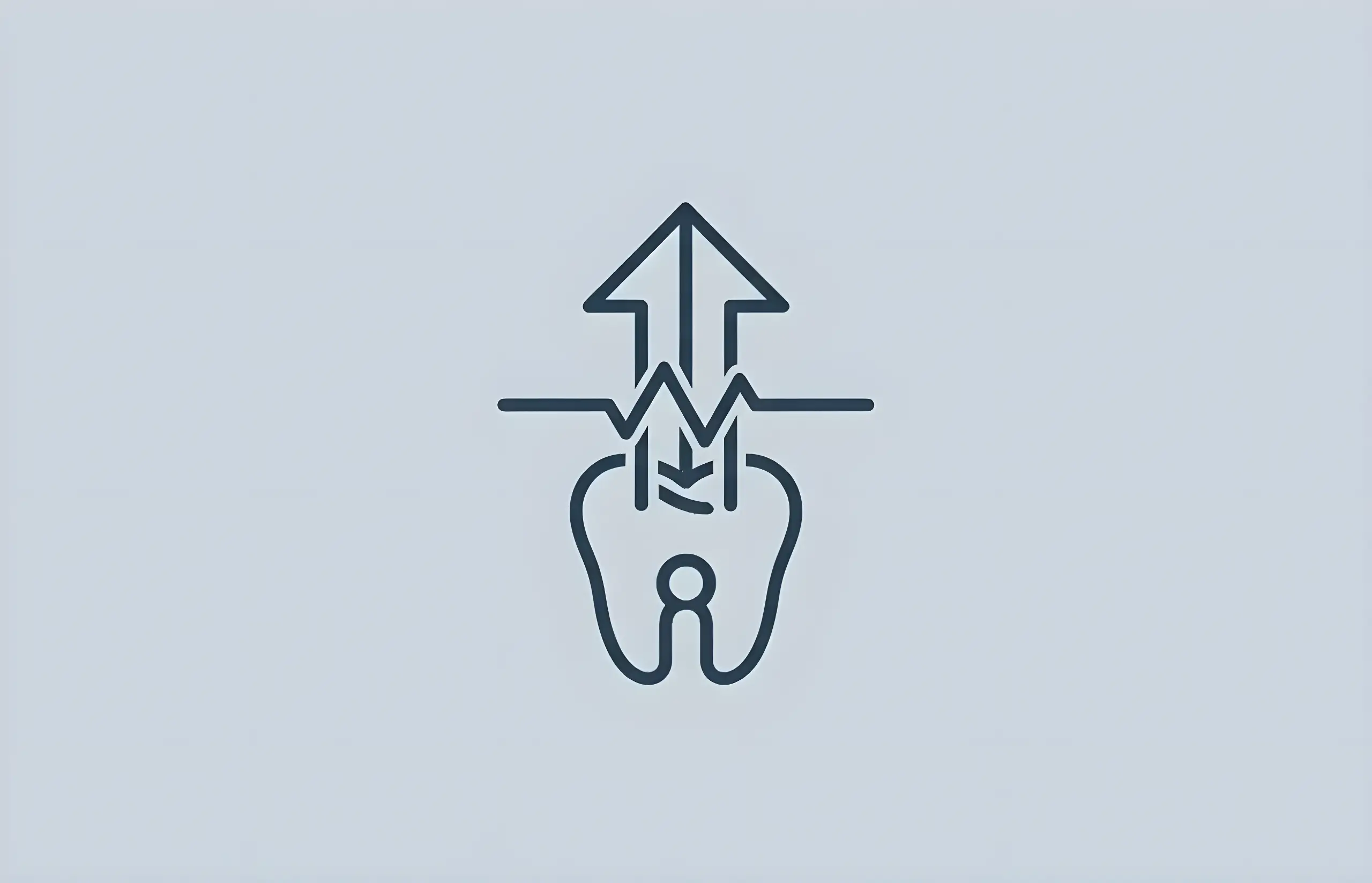
Are Dental Implants Painful?
Comprehensive guide to dental implant pain, including what to expect during surgery, post-operative recovery, pain management, and healing timeline

Can Dental Implants Repair Bone Loss?
Understanding how dental implants can prevent and repair bone loss, including causes of bone loss, treatment options, and the role of bone grafts in implant procedures
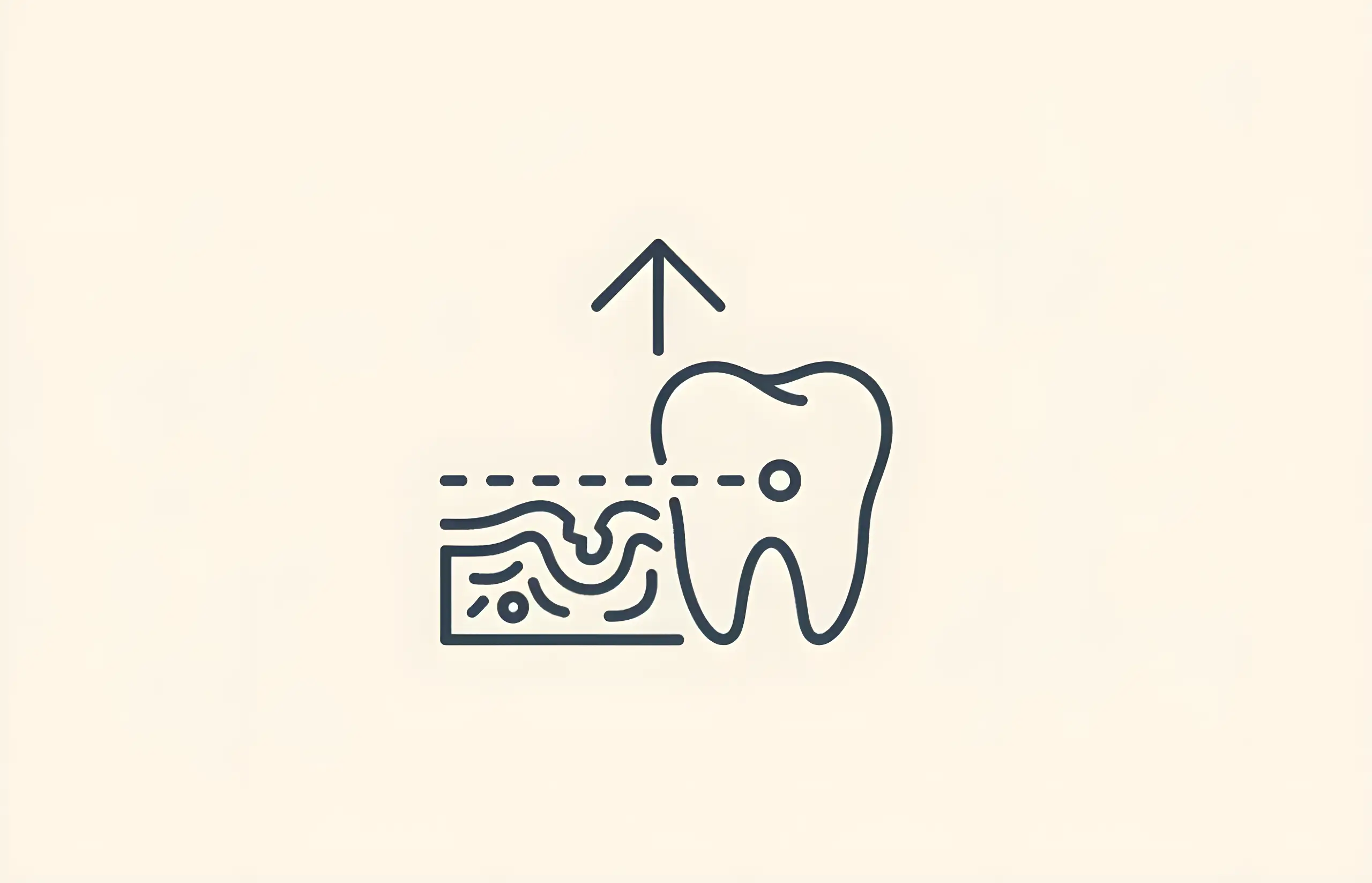
Can You Have Dental Implants With Gum Disease?
Complete guide to dental implants and gum disease including symptoms of periodontitis, success rates with treated gum disease, and treatment requirements before implant surgery

Are There Cheaper Alternative To Dental Implants?
Exploring affordable alternatives to dental implants including bridges, dentures, and All-on-4, with detailed information about costs, benefits, and drawbacks of each option

What Is The Cheapest Country For All On 4 Dental Implants?
Learn about affordable All-on-4 dental implants abroad including popular destinations like Mexico, Hungary, Poland, and Turkey, with success rates, safety considerations, and cost comparisons

How Much Does A Dental Implant Bone Graft Procedure Cost in the UK?
Complete guide to bone graft costs (£295-£2,400 per site), procedure details, reasons for bone grafts, and benefits of bone grafting for dental implants

What Causes Dental Implant Pain Years Later?
Comprehensive guide to late dental implant complications including peri-implantitis, osseointegration failure, nerve damage, and bone loss, with prevention strategies and treatment timelines
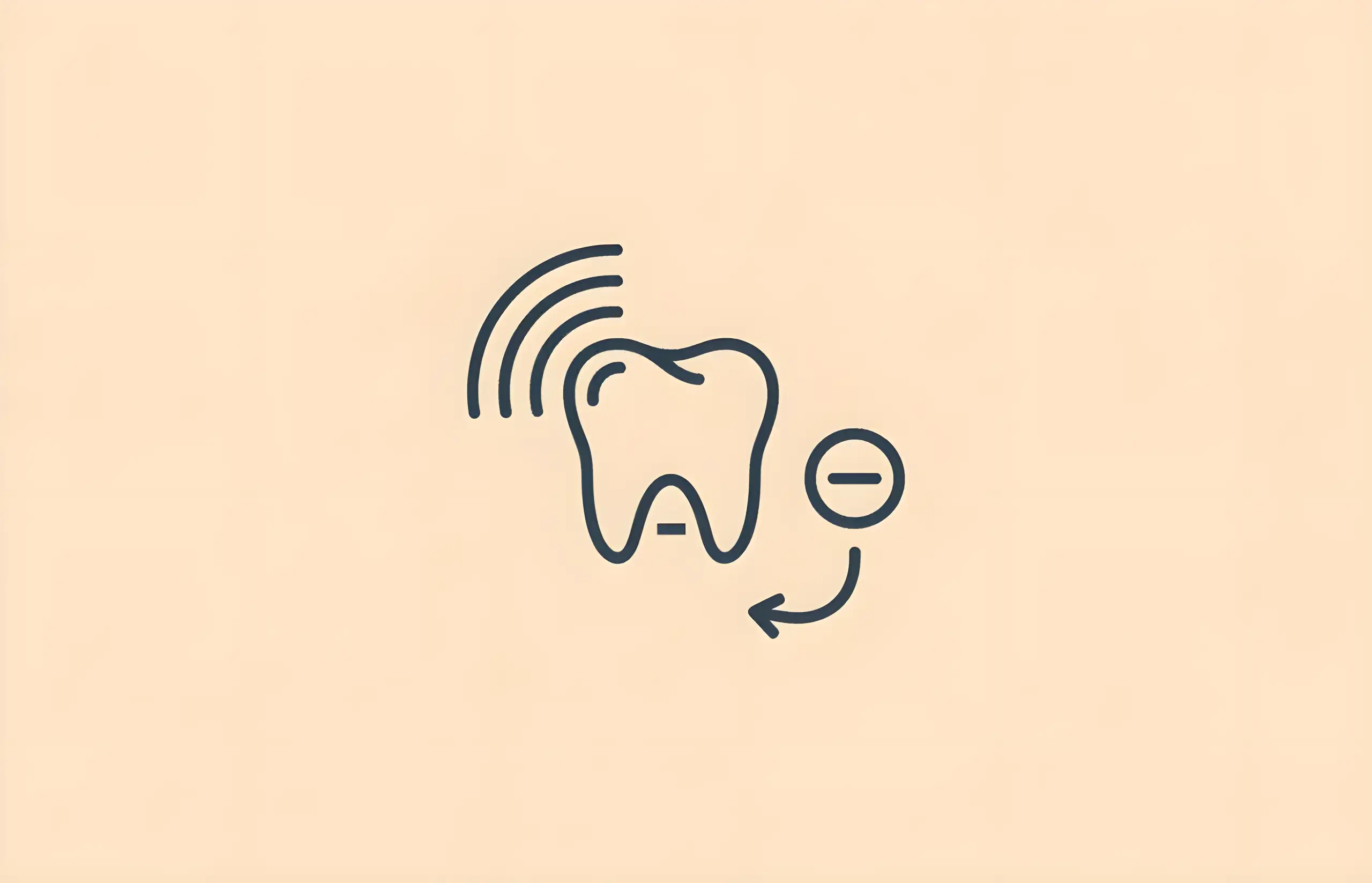
Everything You Need to Know about Dental Implants and MRI Safety
Comprehensive guide to MRI safety with dental implants including titanium compatibility, heating effects, displacement risks, artifact formation, ferromagnetic vs paramagnetic materials, and safety guidelines

What is a Normal Dental Implant Removal Recovery Time?
Comprehensive guide to dental implant removal procedures, recovery timeline (1-5 days), failure causes, removal techniques, and immediate reimplantation options with 96.7% success rate at 1 year

Dental Implants: Problems and Side Effects
Comprehensive guide to dental implant complications, risk factors (smoking, diabetes, gum disease), common side effects, peri-implantitis, infection rates, prevention strategies, and alternative treatments

Dental Implant Costs In The UK – Single Tooth and Full Mouth
Complete guide to dental implant costs, financing options, success rates, and what to expect from single tooth to full mouth implant treatments in the UK

Can You Get Dental Implants Under General Anaesthetic?
Comprehensive guide to anaesthesia options for dental implant surgery, including general anaesthesia, conscious sedation, and local anaesthetic choices
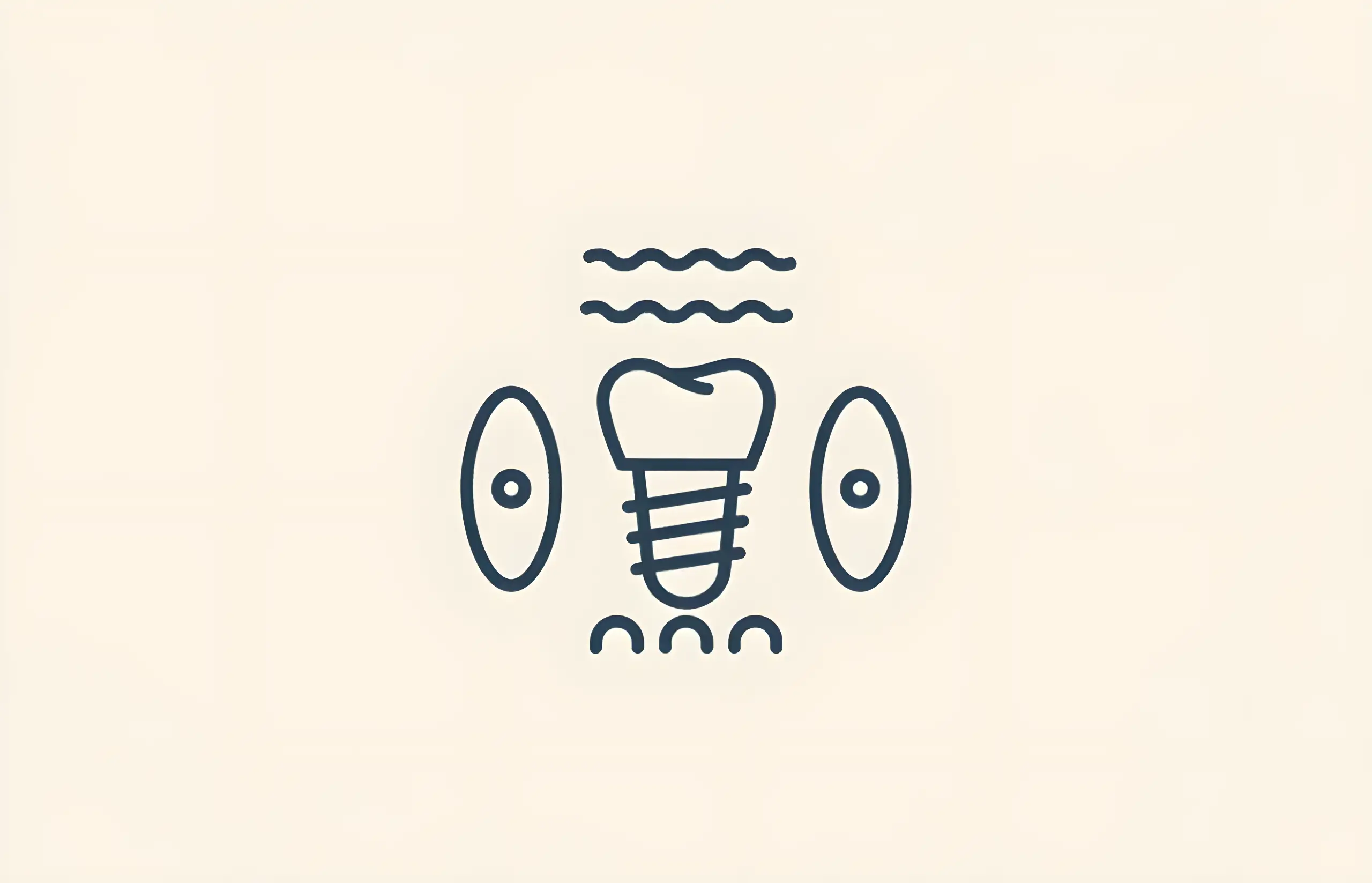
How Long Do Dental Implants Last?
Longevity and Survival Rates (96.8% at 10 Years, 94.0% at 15 Years, 78% at 20 Years)

What If You Do Not Have Enough Bone For A Dental Implant?
Comprehensive guide to bone augmentation procedures including ridge expansion, bone grafts, sinus lifts, and distraction osteogenesis for successful dental implant placement when jawbone is insufficient

The Pros and Cons of Dental Implants
A balanced overview of the advantages and disadvantages of dental implants compared to other tooth replacement options
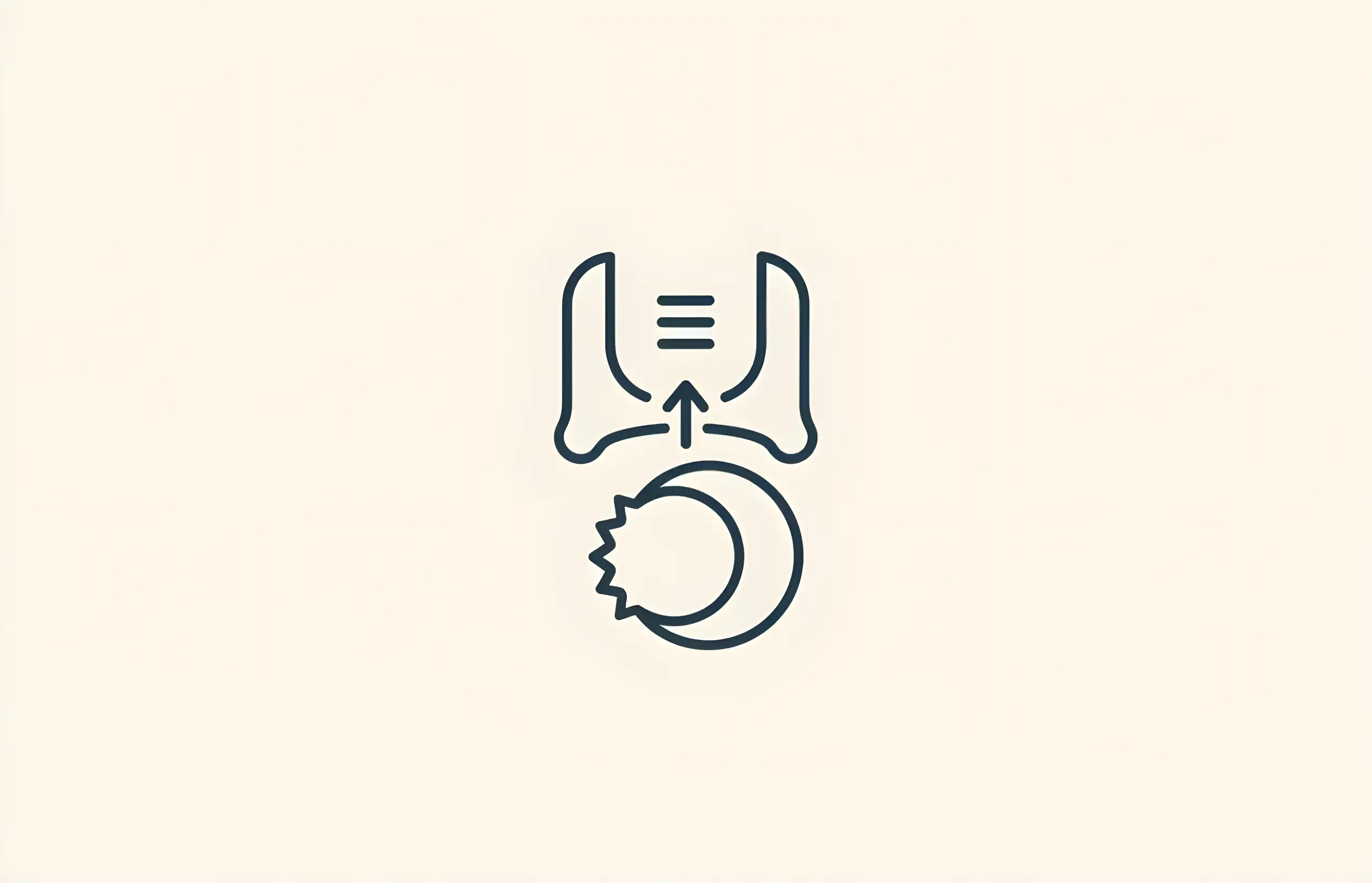
Causes Of Swelling After A Dental Implant Bone Graft
Comprehensive guide to post-operative swelling after bone graft surgery, timeline, risk factors, management strategies, and when to seek medical attention
About The Dental Guide
The Dental Guide is a trusted online resource providing evidence-based information about dental health, treatments, and procedures. Our content is created and reviewed by qualified dental professionals to help you make informed decisions about your oral health.
Our Mission
- Evidence-based dental information
- Expert-reviewed content
- Clear, accessible explanations
- Latest treatment options
- Patient-focused guidance
Editorial Standards
- GDC-registered dental professionals
- Peer-reviewed sources
- Regular content updates
- Medical accuracy verification
- Transparent authorship
Important Notice
The information on The Dental Guide is for educational purposes only and should not replace professional dental advice. Always consult with a qualified dentist for diagnosis and treatment recommendations tailored to your individual needs and circumstances.
Medically Reviewed
Reviewed by Dr. Nasim Mechoui , BDS (Bristol)
Share this article
Comments & Discussion
Have questions about dental implants? Share your thoughts or experiences.
